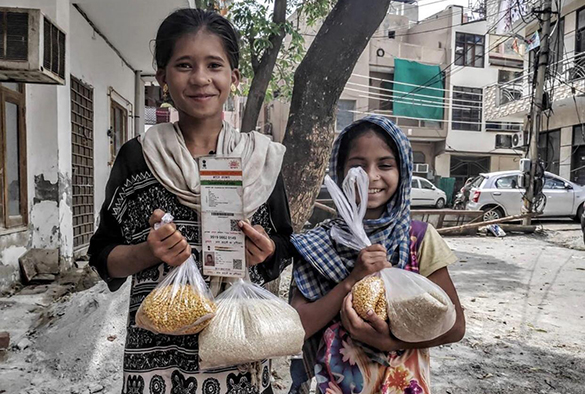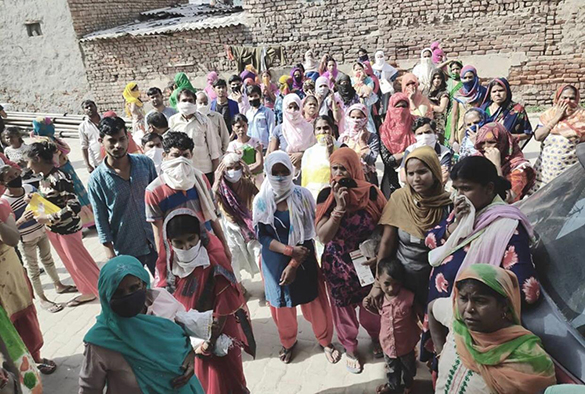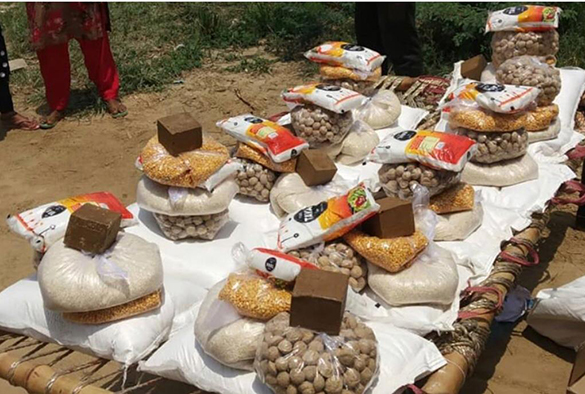
University of Liverpool Management School developmental economist, Dr Supriya Garikipati is utilising her extensive network of research and impact partners to support daily wage migrants affected by the Covid-19 lockdown in India.
So far, Dr Garikipati has helped more than 1,000 migrants or family units, with the aim of doubling or tripling this reach within the coming days – and she is appealing for your support in order to do so.
A Reader in Gender and Development, Dr Garikipati's research expertise lies in the evaluation of microfinance initiatives and other social policies aimed at alleviating India's poorest and most marginalised.
She said: "The situation with daily wage migrants in India is bad.
"India's lockdown was terrible and without warning - overnight, public transport was cut off and millions of daily wage migrants became stranded in big cities where they could no longer afford food and shelter.

"Quite quickly, the situation worsened and many decided to walk hundreds of miles back home in miserable conditions."
The Indian government is now helping support the return of migrants to their home regions, but many will leave with nothing.
Using connections from her numerous research projects in India, Dr Garikipati is coordinating food distribution from three locations, with two more soon to follow. She is also working with several small, grassroots organisations to ensure quick action in assisting people that need it most.

Dr Garikipati has set up a Just Giving page with a £5,000 target and is appealing for donations from the public to meet the demand.
At the time of writing, she had achieved 98% of her target.
Dr Garikipati added: "Please donate if you can.
"The more money we raise, the more migrants we can reach. If we act fast, we may be able to avert a terrible human tragedy."
Donations will to be used to fund emergency rations, designed to sustain a family for two to three weeks. These consist of cooked food, durable high nutrition food items and survival kits. If possible, fundraising efforts will also help to cover the cost of shelter and utilities where necessary.






